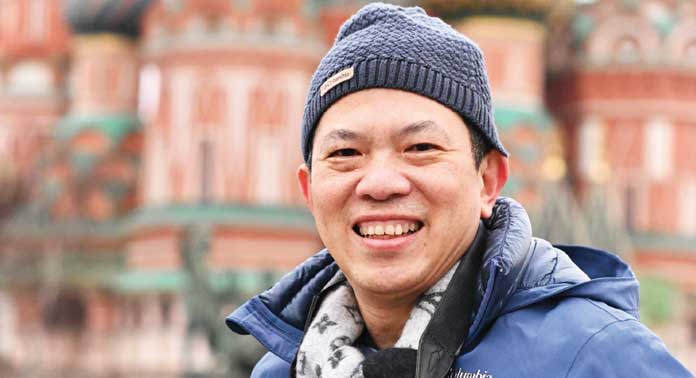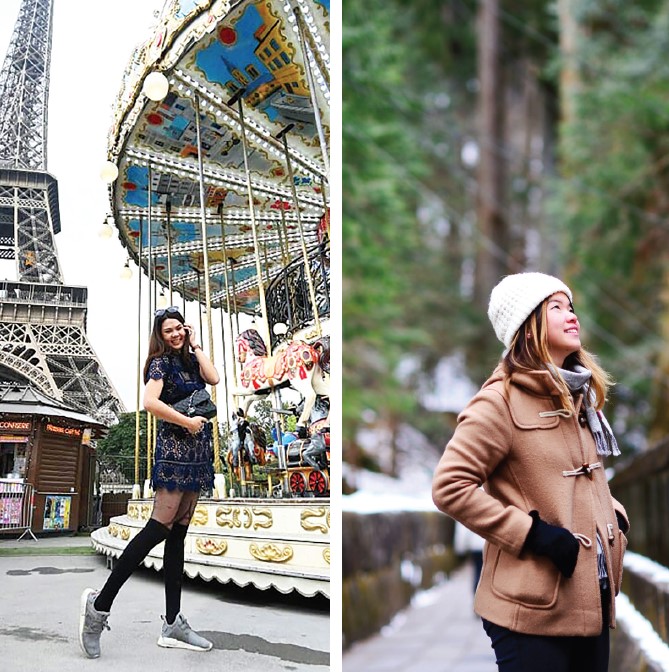 Can you please introduce yourself?
Can you please introduce yourself?
I graduated from the Faculty of Medicine, Siriraj Hospital, Mahidol University. I finished my Ophthalmology Residency program from Rajvithi Hospital in Bangkok. I did my fellowship at Doheny Eye Foundation, Department of Ophthalmology, USC Medical school. My interests are in Cataract and Refractive Surgery, Biometry, and Contact Lens. I was the chief of Cornea, Contact Lens and Refractive Surgery Unit in Rajvithi Hospital from 1999 to 2015. Since 2003, I have been working at TRSC International LASIK Center as refractive surgery specialist. I have two kids. My daughter is 27 years old living in Melbourne, and my son is 24 years old living in Sydney.
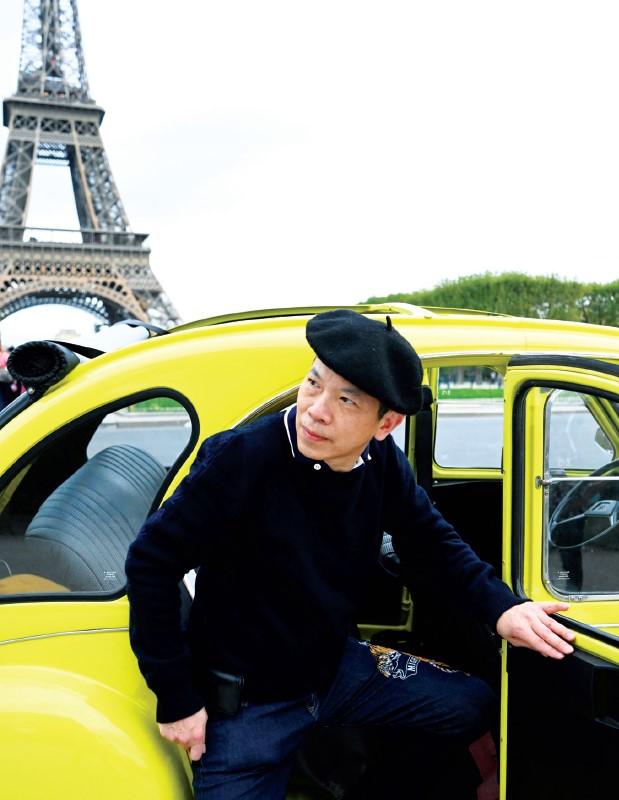 When and how did your interest in photography began?
When and how did your interest in photography began?
It begun in 1980 on my third year of Medical school. I borrowed a Nikon FM camera from a friend who taught me how to shoot photos. Afterwards, I bought a Nikon F3 Camera, which is a film-based camera that I still use until now. I am still fond of film-based camera until 2005 when I bought a Sony digital camera. Then, I switch to Nikon DSLR in 2009. I first bought the Full-Frame Nikon D3s in 2012. Now, I’m using the Full-Frame Mirrorless Nikon Z7 camera. The optical system of our eyes is like a camera mechanism; this is why my passion is Ophthalmology, especially Refractive Surgery.
What kind of photos do you like to take? Is there any special technique that you use while taking photos?
I love portrait photos the most since they really show the emotions and different characters of people. It’s marvelous when you imagine how the portraits will turn out to be. I also take landscape photos sometimes when the scenery catches my attention. I don’t use any special techniques, but I sometimes carry two Full-frame cameras with different lenses so I can shoot the photos with intended settings. My portrait photo won a runner-up in the 2018 APACRS photo contest.
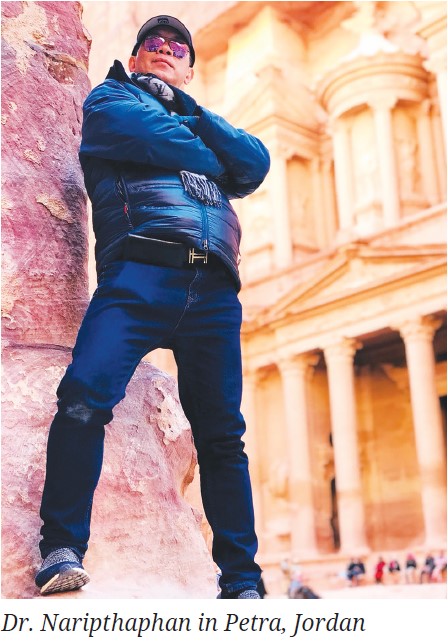 How many countries have you visited so far? Which country/city impressed you most? Why?
How many countries have you visited so far? Which country/city impressed you most? Why?
I think I have visited 44 countries or more and almost 100 cities. The cities that really impressed me most are Paris, Moscow, Abu Simbel, Cappadocia and Santorini. These fantastic places provide me fabulous memories and great photos.
You met different cultures during your travels. Which culture/tradition impressed and surprised you?
I could say Japanese culture and tradition impressed me, especially in ancient city like Kyoto. The lovely and colorful ancient culture and tradition gave you endless opportunities to take photos. The food is great too.
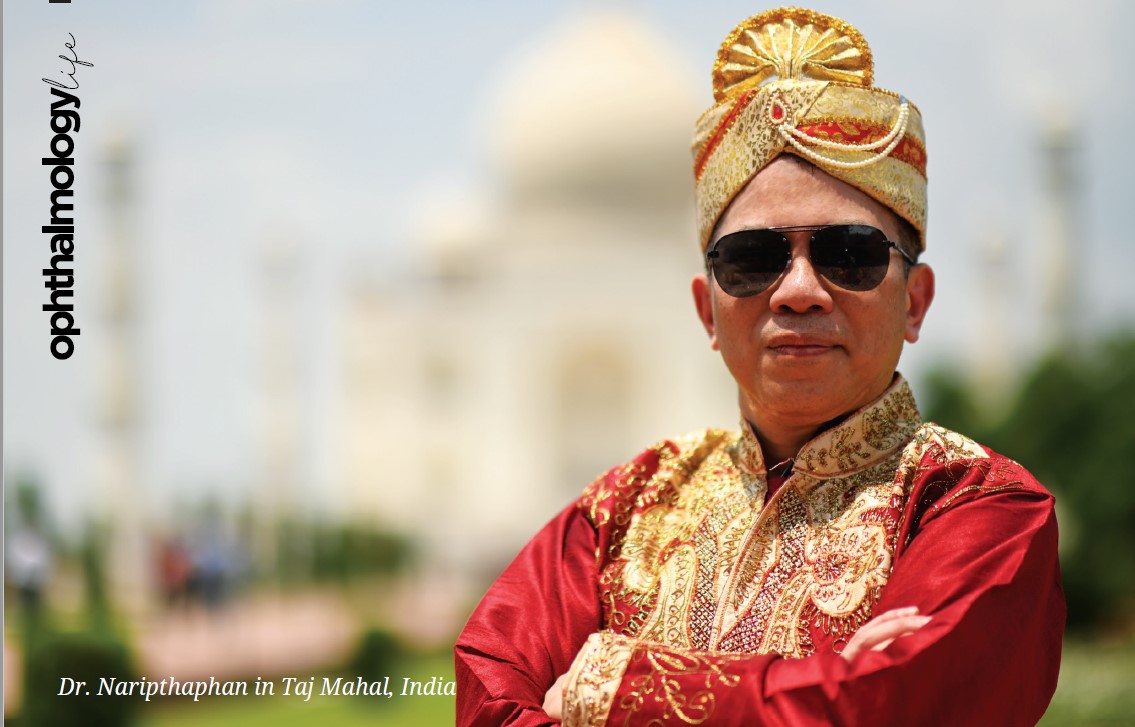 Are you doing any sports?
Are you doing any sports?
Currently, I am working out 3–4 times per week. I used to play soccer almost every day at a younger age. Now, I run 5 km 3–4 times per week. I go skiing with all my family once a year almost annually; it’s like a family reunion wherein all family members come together no matter where they are in the world. I also shoot sports and won dozens of trophies. You will be amazed how advanced the electronic shooting optics are nowadays and how the new technology of optical system is used to help improve the accuracy of shooting sports. People with presbyopia has no difficulty with the new optics sights and scope systems.
I also play basketball with my nephews sometimes.
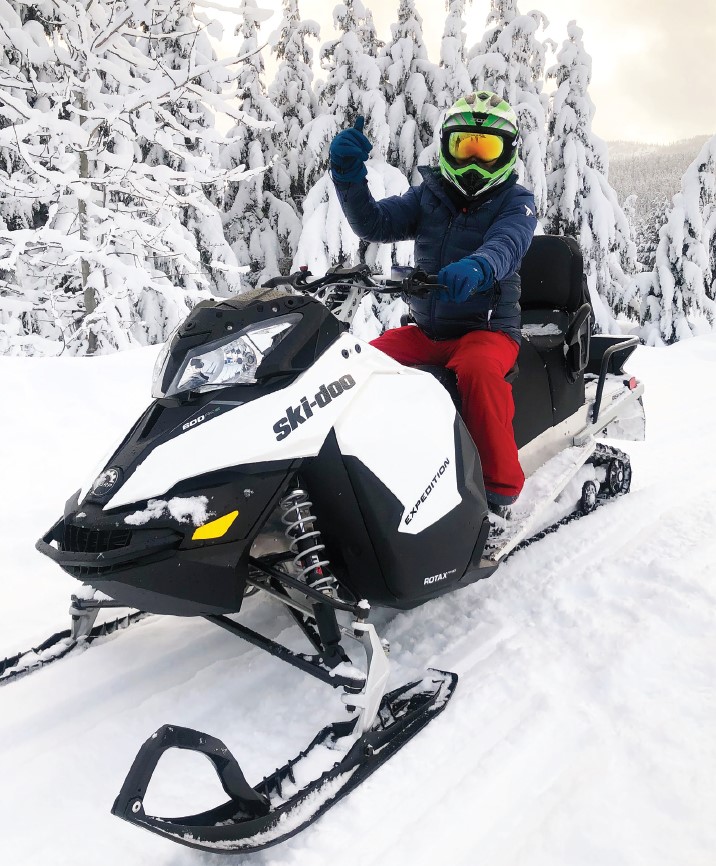
What are the contributions of your hobbies to your profession?
The basics of photography and its mechanics help me understand the optics and the new technology of lenses and laser systems and help me simplify how the lens and laser works when explaining the procedure to the patients. I think explaining the procedures through camera systems make the patient understand better. When the patients understand the procedures, they trust you more and they are eager to co-operate during surgery.
DR. NARIPTHAPHAN’S OPINION ABOUT COVID-19
It’s the time we unite as one nation, humanity. Do not be scared of the virus but please do not underestimate its power. We need to keep our social distance, frequently wash our hands, wear mask in public places and keep watching each other’s back. People’s hope depends on healthcare professionals and as physicians, we are learning about the virus more and more every day. Eventually, we will overcome the virus or find a way to contain it, like we did on many cases on health throughout the years. In long history of medicine, healthcare professionals never go down without a tough fight. Meanwhile, we will keep providing best care for our patients and continue our academic progress the best way we can since it is still our job.


